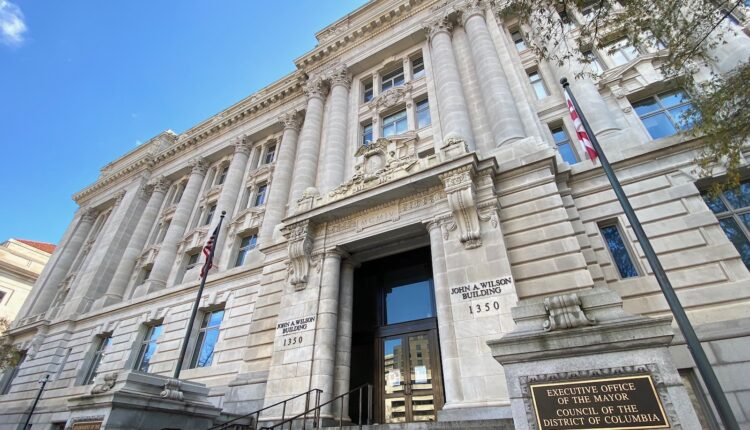DHS notices create confusion for some families over how much longer they can stay in rapid rehousing
Some families living in rapid rehousing (RRH) received letters in the mail last week informing them the DC Department of Human Services (DHS) would be terminating their rental subsidies on Oct. 31. The letters, dated Aug. 17, contradict an earlier announcement made by the agency’s director, Laura Zeilinger.
While DHS allowed more than 1,000 families during the pandemic to stay in RRH beyond the program’s usual time limit, Zeilinger said in an Aug. 12 interview with Street Sense Media and The DC Line that the affected RRH families should expect to receive a six-month notice before the agency stops paying its portion of the rent.
When asked about the conflicting messages, DHS said in a statement that the letters were sent to approximately 20 families informing them of their pending termination from the program. These families had already received final hearings from the Office of Administrative Hearings (OAH) prior to the pandemic, according to DHS, and the notices — similar to ones sent out to the same families previously — were meant to serve “as a placeholder as DHS works to finalize the exit strategy.” OAH is an administrative court that decides cases regarding access to benefits such as unemployment compensation and rental subsidies like RRH.
However, some of the local families who received the letters felt confused and caught off guard by the sudden news. DHS now says all families who received the notice are being sent updated letters informing them they have six-month extensions.
Megan Smith, a single mother who has two boys aged 3 and 8, said the letter was just one in a series of disappointments she has had during her family’s participation in the program.
After receiving notice of the October deadline on Aug. 25, Smith called her case manager to ask for clarification, but her case manager was also confused by the letter. Smith said she has not received an updated notice as of Sept. 1, although in a conversation with her case manager she was instructed to be prepared to move out of the program in October. The case manager also said she was unaware of an extension for families in RRH, according to Smith.
Despite having been in the program for over 30 months, she said it was not until April 2020 that she finally received a case manager. Later that year, Smith turned to her case manager for help after multiple shootings in her neighborhood. In October, Smith was unloading groceries from her car when she saw a vehicle going down her street make a sudden U-turn. The vehicle sped down the street with its windows rolled down while someone inside started blindly firing a gun into the air. Scared, Smith tried to dash to her house but tripped and injured both her legs. Smith said shootings occurred frequently in the neighborhood and it was not safe for anyone to live there. On another occasion, someone shot out her car’s front window. Although the case manager helped the family move to another neighborhood in January, Smith’s youngest son developed trauma and has anxiety.
Caring for her two children during a pandemic has made it hard for her to keep her physical therapy appointments and find a stable job, Smith said.
“I honestly haven’t even had a whole year to get myself together,” she explained. One year is the time limit for RRH subsidies, with the option of a six-month extension if authorized by DHS.
If you are in the rapid rehousing program and received a notice about your subsidy ending in October, please contact us at will@streetsensemedia.org or 202-596-9845.
This article was co-published with Street Sense Media.
Will Schick covers DC government and public affairs through a partnership between Street Sense Media and The DC Line. Year one of this joint position was made possible by the Poynter-Koch Media and Journalism Fellowship, The Nash Foundation, and individual contributors.



This is very scary. I hope Megan and her children get therapy or med if needed for their anxiety.